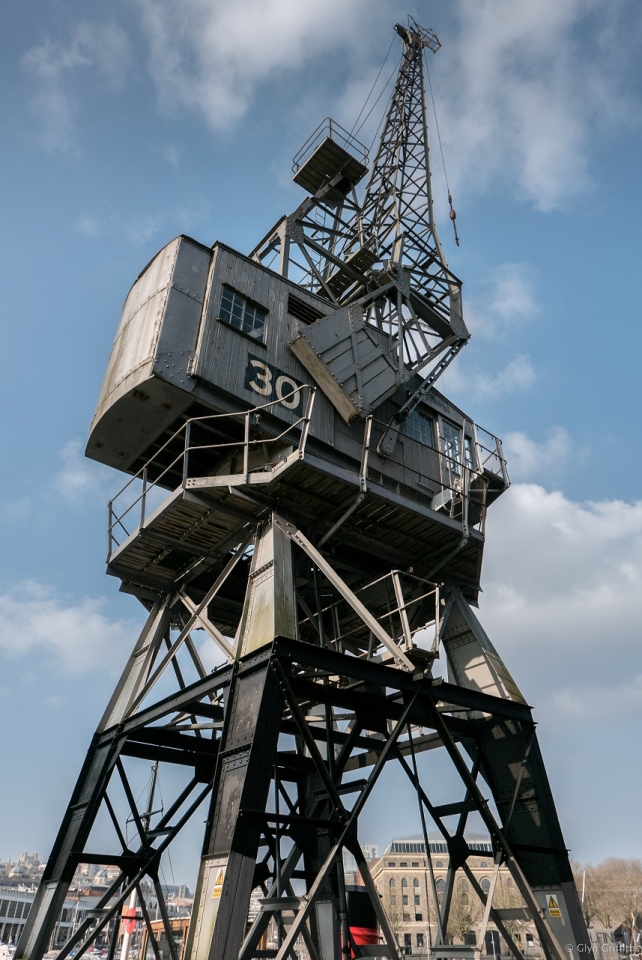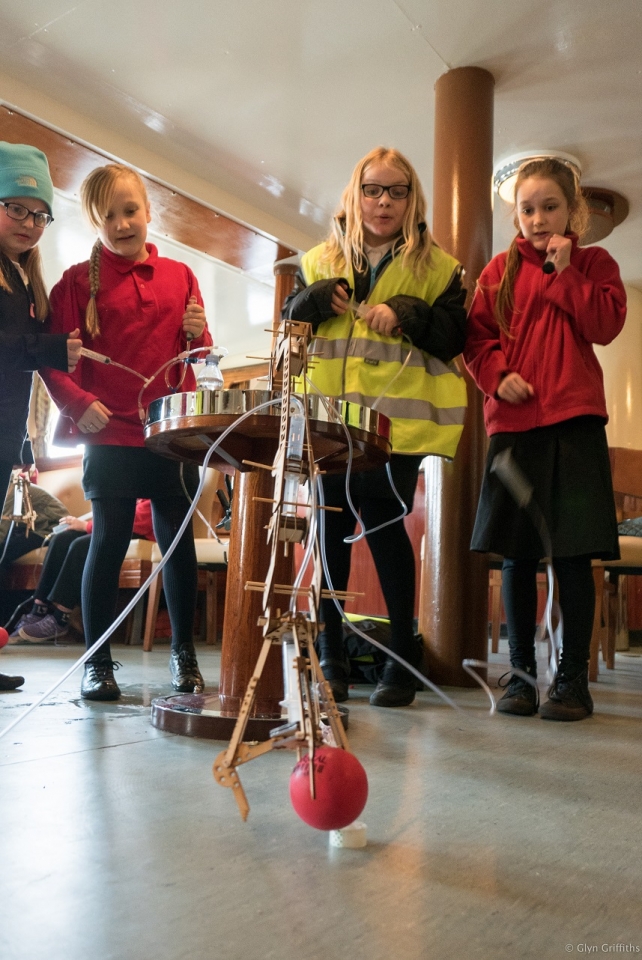![]()
Cranes Hydraulics Power and Propulsion
Young people work in a team with an engineer, making and operating robotic arms, rockets, and pulleys to contextualise scientific principles. Interactive demonstrations explore the science, engineering heritage and encourage students to enquire into the future of technologies that allow humans to reach and lift beyond their capabilities.
Vertikal Days Events -2013 to 2025
Liebherr sponsor schools and colleges at the UKs largest annual trade show. Bringing young people to see advanced technology in the sector and complete design, build and operate tasks as well as research and presentation challenges. Ages vary with the focus now on inspiring Post 16 students with options and routes into this ever changing industry sector.


Crane workshops explore themes such as:
- Engineering and scientific principles
- History of the impact of advancing lifting technology on trade and society
- Future of lifting and access technologies and careers
- Teamwork and skills needed for success and happiness in work and life





Rocket Rescue -Cranes, Pulleys and Rockets
For KS2 (year 5/6 ) or KS3
Initially Funded by Royal Academy of Engineering. Young people
- Join workshops on the MV Balmoral, a large ship in Bristol's Harbour and go up Bristol's historic cargo cranes or have kits delivered to complete the project in schools
- Work with engineers in person or online ('DIY Video Conference kits' are supplied to schools enable student-teams to work remotely with an engineer)
- Use engineering to better understand migration, global transport and our post colonial world
What?
- A team engineering challenge that explores how ropes, pulleys and ballistics were used to save lives at sea
- Teams will build a pneumatic launcher that launches a rocket to a shipwreck. They then construct a pulley system to connect a pulley system from ship-to-shore to bring passengers and crew to safety
- If working on the ship in Bristol's Harbour teams will also go up and operate a historic cargo crane
- Engineers from diverse jobs work with 4 student
- Workshops in school will be facilitated by engineers on-line using DIY Video Conference kits
- Teams present imagined re-enactments of rescues at sea using history, storytelling and drama
- Appreciation of what pulls and pushes people to migrate and how this shapes our post colonial world
- Opportunities for children to talk to people who have migrated






..........................................................................................................
Cranes and Hydraulics for Key Stage 2 and 3 (Ages 9 to 13) 
Workshops are held in museums, construction industry trade fairs, schools and on-board a ship in Bristol's Harbour giving young people the chance to operate a cargo crane.
What?
- Team-building - teams of quiz their engineering ambassadors before introducing them to the rest of the class
- Science demonstrations: forces, mechanical advantage and hydraulics
- Building challenge - construct the robotic arm from from card, tubing, split pins and paper clips and syringes to create a wrist, elbow and shoulder capable of lifting from floor to table
- Meet the experts - talks and demonstrations and the chance to operate a crane
- Compete with the robotic arm - time trials. Teams identify defects in their machine and teamwork to engineer improvements
- Winners awarded and round up
Cranes for Key Stage 4 (Ages 14 to 16)
Additional challenges -- Design and engineer their own version of a hydraulic arm to enable greater reach
- Explore lifting and access technogy with industry experts and present their own concepts for the future of this industry to a panel of judges
.............................................................................................................
Costs
Rocket Rescue is funded by Royal Academy of Engineering until end of February - schools will pay no more than £5 per student
A travel initiative is available for partner schools
Sponsors and business partners reduce the costs and a travel initiative is in place
Cranes and Hydraulics anticipates funding from the industry sector - which will reduce the costs for schools
The maximum cost of a day workshop with STEM volunteers and demonstrations from industry partners is £1300.
Please contact us to discuss fees.
